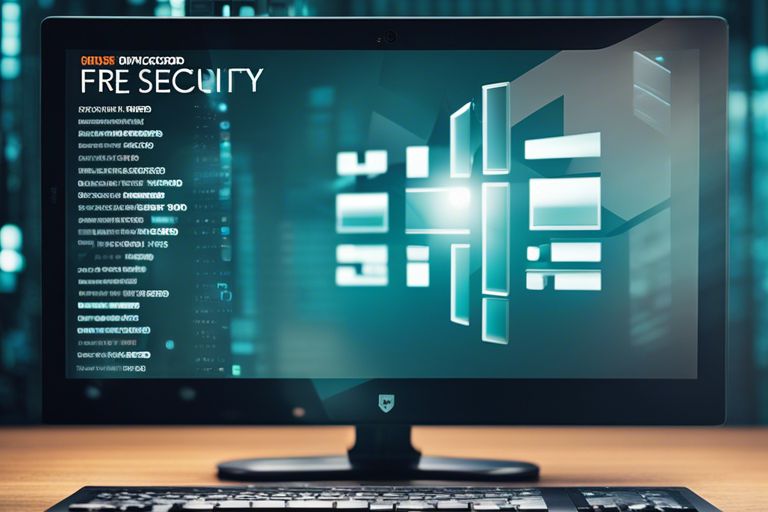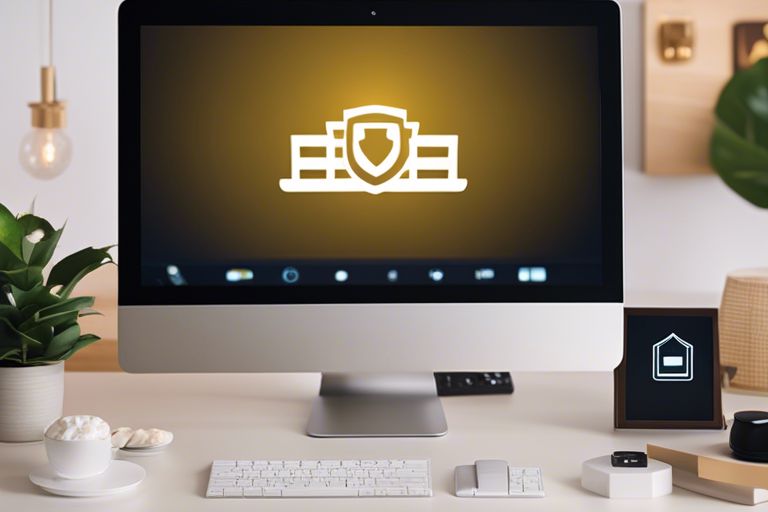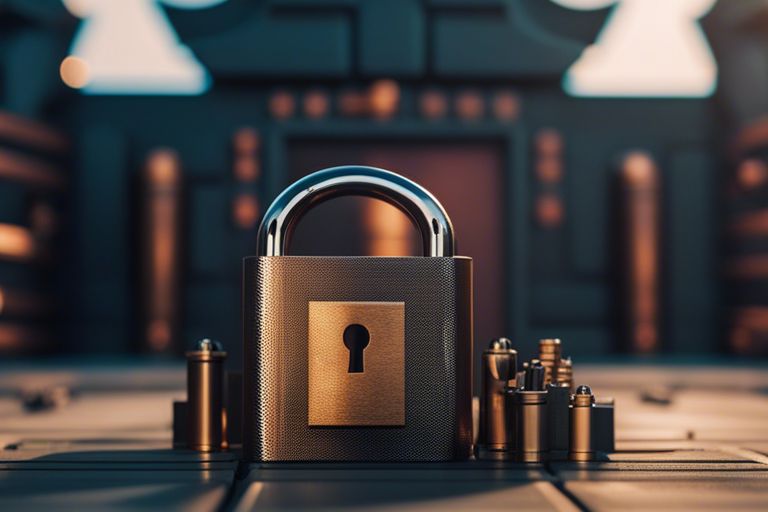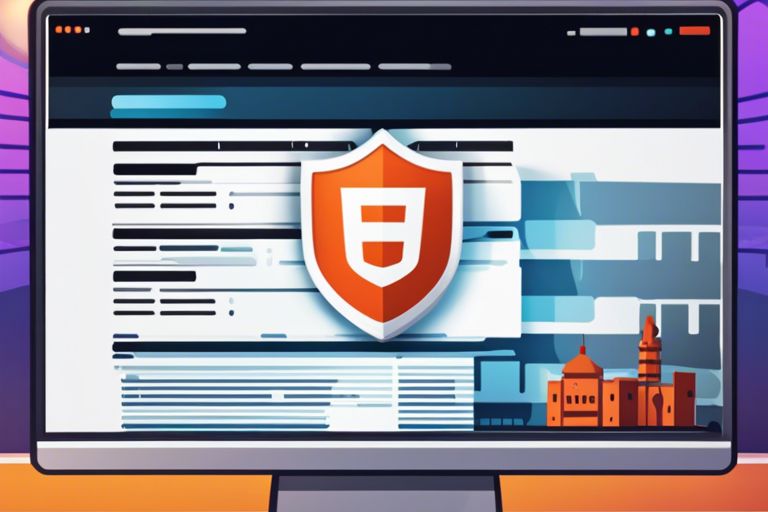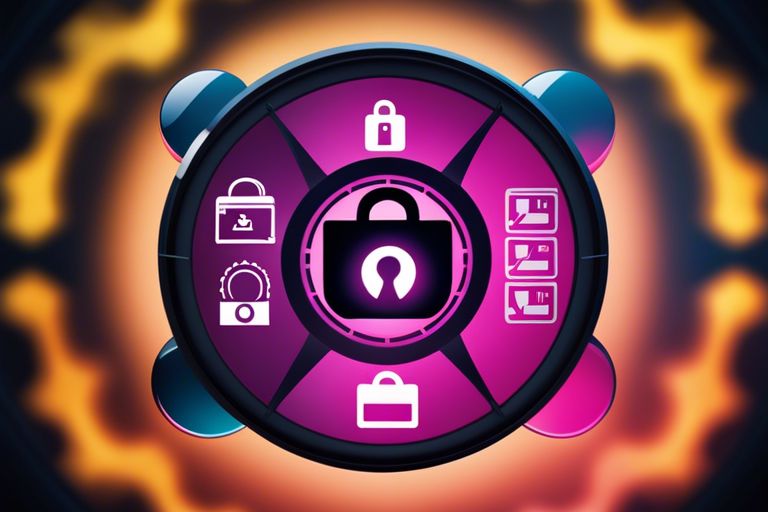Pertaining to safeguarding your small business, selecting the right security system is paramount. With a plethora of options available in the market, the task can seem overwhelming. However, with the right guidance and knowledge, you can choose a security system that meets your specific needs and budget. In this comprehensive guide, we will walk you through the important factors to consider when selecting a security system for your small business. From assessing your security requirements to understanding the various features and technologies available, this guide will equip you with the necessary information to make an informed decision. Protect your business effectively by following our expert advice on choosing the ideal security system for your small business.
Key Takeaways:
- Understand your specific security needs: Assess your small business’s vulnerabilities and determine the level of security required.
- Choose a system that integrates with your business: Select a security system that can be easily integrated with your existing infrastructure and technology.
- Consider professional monitoring services: Opt for a security system that offers round-the-clock monitoring by professionals to ensure immediate response to any security threats.
- Look for remote access and control: Find a system that allows you to monitor and control your security system remotely through a smartphone or computer.
- Ensure system scalability: Select a security system that can grow with your business and accommodate future expansion and increased security needs.
Assessing Your Security Requirements
Physical vs. Digital Security Measures
When assessing your security requirements for your small business, it is crucial to consider the balance between physical and digital security measures. Physical security measures include elements such as alarms, surveillance cameras, and access control systems, while digital security measures involve firewalls, encryption, and antivirus software. It is necessary to evaluate your business premises, the nature of your operations, and the data you need to protect in order to determine the right mix of physical and digital security measures to ensure comprehensive protection.
Evaluating Risks and Threats to Your Business
Before selecting a security system for your small business, it is important to thoroughly evaluate the specific risks and threats that your business may face. Conduct a risk assessment to identify potential vulnerabilities, such as break-ins, data breaches, or employee theft. Consider factors like the location of your business, the industry you operate in, and the value of your assets to determine the level of security measures required to mitigate these risks effectively.
Key Factors to Consider
Types of Security Systems Available
When choosing a security system for your small business, it’s crucial to consider the different types available in the market. Some common options include CCTV cameras, access control systems, alarm systems, and video doorbells. Each of these systems offers a different level of security and functionality, so it’s crucial to assess your business needs carefully.
- Consider the size and layout of your premises
- Think about the level of monitoring required
- Evaluate the scalability of the system
- Assess the integration with other security measures
- Look for user-friendly interfaces
Any security system you choose should align with your business’s specific requirements and provide a comprehensive solution to protect your assets, employees, and customers. Recognising the right system can make a significant difference in enhancing the overall security of your business premises.
Tips for Prioritizing Features and Capabilities
When prioritising features and capabilities of a security system, it’s important to assess your unique business needs and potential security risks. Knowing which features are crucial for your business operations can help you make an informed decision when selecting a security system.
- Evaluate the level of threat your business faces
- Consider the specific vulnerabilities of your premises
- Assess the ease of installation and maintenance
- Look for remote monitoring capabilities
- Consider future scalability and upgrades
Knowing how to prioritise features and capabilities based on your business’s individual requirements can ensure that you invest in a security system that offers maximum protection and peace of mind. Recognising the key features that matter most to your business is crucial in making a well-informed decision.
Budget Considerations for Small Businesses
When planning for a security system for your small business, budget considerations play a significant role in determining the best option for you. It’s crucial to set a realistic budget and explore cost-effective security solutions that meet your requirements without compromising on quality.
Understanding the total cost of ownership, including installation, maintenance, and monitoring fees, is crucial in making a budget-friendly decision. By comparing quotes from various security system providers and evaluating the long-term benefits, you can choose a system that offers the best value for your investment.
Implementation Strategies
How to Choose a Reputable Security System Provider
When choosing a security system provider for your small business, it is crucial to conduct thorough research. Look for providers with a proven track record in the industry, positive customer reviews, and reputable certifications. Additionally, ensure that the provider offers a range of security solutions that can be tailored to meet your specific business needs.
Installation Tips and Best Practices
Proper installation of your security system is crucial to maximise its effectiveness. When installing the system, consider the layout of your business premises and strategically place cameras and sensors in key areas. It is also advisable to involve your employees in the installation process to ensure they are familiar with how the system works.
- Ensure that all entry points, such as doors and windows, are covered by cameras or sensors.
- Regularly test the system to identify any malfunctions or blind spots in coverage.
Knowing that your security system is correctly installed and regularly maintained will provide peace of mind and better protection for your small business.
- Choose a provider that offers installation services to ensure everything is set up correctly.
- Train your employees on how to operate the security system effectively.
Maintenance and Upgrades
Keeping Your Security System Updated
Regular maintenance and upgrades are vital to ensure your security system is up to date and functioning effectively. Keeping your system updated with the latest software and firmware not only improves its performance but also helps to protect your small business from emerging security threats. Make sure to schedule regular checks and updates to keep your security system running smoothly.
Troubleshooting Common Issues
Despite regular maintenance, security systems can sometimes encounter common issues that may disrupt their functionality. It is important to be prepared to troubleshoot these problems efficiently to minimise downtime and maintain the security of your small business. By following a systematic approach and seeking professional assistance when needed, you can identify and resolve common security system issues quickly.
Common issues that small businesses may face with their security systems include connectivity problems, sensor malfunctions, or false alarms. It is important to familiarise yourself with the troubleshooting steps provided by your security system provider to address these issues promptly.
Choosing the Right Security System for Small Businesses
When identifying a security system for your small business, it is crucial to consider factors such as the size of your premises, the level of security needed, and your budget constraints. Opting for a system that includes features like CCTV cameras, burglar alarms, and access control can help protect your assets and employees effectively. Additionally, choosing a reputable security provider that offers reliable monitoring services and responsive customer support is crucial for ensuring the system’s effectiveness. By carefully assessing your business’s security requirements and investing in a tailored security solution, you can safeguard your business premises and assets from potential threats, giving you peace of mind to focus on growing your business.
FAQ
Q: What should I consider when choosing a security system for my small business?
A: When choosing a security system for your small business, consider factors such as the size of your premises, the level of security needed, budget constraints, and any specific security risks unique to your business.
Q: What type of security cameras are ideal for small businesses?
A: Ideal security cameras for small businesses include HD cameras with night vision capability, wide viewing angles, and remote access features for monitoring and recording footage from any location.
Q: Should I opt for a monitored or unmonitored alarm system for my small business?
A: If budget allows, opt for a monitored alarm system for your small business as it provides an extra layer of security with 24/7 monitoring and immediate response to any security breaches.
Q: How can access control systems benefit small businesses?
A: Access control systems can benefit small businesses by restricting access to certain areas, providing detailed entry and exit logs, enhancing overall security, and increasing employee accountability.
Q: What additional features should I look for in a comprehensive security system for my small business?
A: When choosing a security system for your small business, look for additional features such as mobile alerts, integration with other smart devices, cloud storage options, and user-friendly interfaces for easy management and monitoring.

